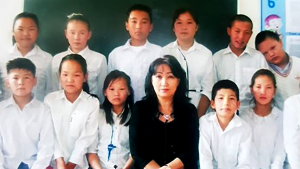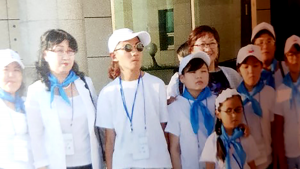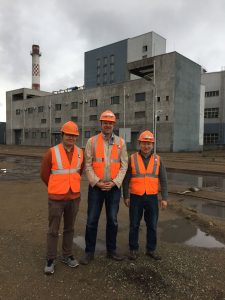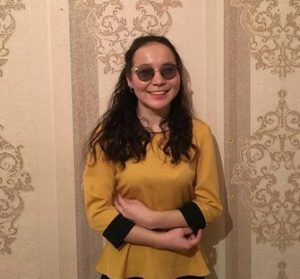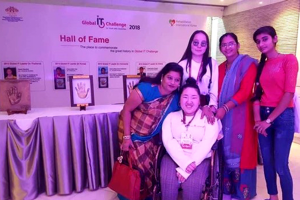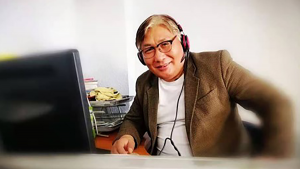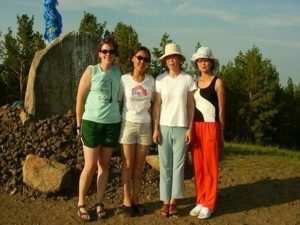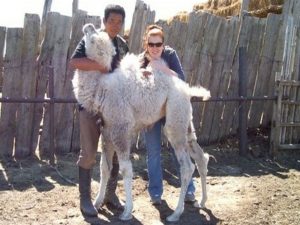By Mendee Jargalsaikhan
Oidov Vaanchig, (@OidovVaanchig) a disability activist, business entrepreneur, good husband, and father of three wonderful children. He has a diverse educational background: elementary school in Russia, secondary school in Umnugobi province, the National University of Mongolia, and business administration in Switzerland. Our guest shared his views on business, education, and challenges concerning the people with disabilities.
Going Into Business
After having worked for over ten years in the humanitarian sector, Oidov decided to become a business entrepreneur. At that time, he had already learned about the market and the needs of disabled customers. Working for the international non-governmental organizations in Mongolia, Oidov travelled all over the country to provide assistive devices and disability equipment, provided by the United States, to disabled people at free of charge. The only thing that he needed was to study business, and he was fortunate to be accepted to the Swiss scholarship program to pursue international business administration. The first few years of the business had been challenging, as he explains, but his experience and education helped him to do successful crowdfunding to continue his business.
He talked about his three businesses: the first being the sale of disability equipment. For example, when someone asks about wheelchairs, he always puts himself in his customer’s shoes to understand their needs and requirements. In his words, “I try to solve the problem from their perspective.” His second business is the provision of services and technology to those who need to take care of their disabled family members without interrupting their jobs. Because of the absence of such services, many people need to quit their jobs to take care of their close ones. The last business – he just started – is an inclusive, eco-friendly housing project. As Oidov argues, people experience disability throughout their life, or, at any stage of their life: a newborn baby, pregnancy, injury, and ageing. Therefore, this inclusive, eco-friendly house will be designed and built with two concepts in mind: being inclusive of a wide range of people from young couples to older ones and, eco-friendliness, especially in regard to heating. We agreed that he would be showing this project on our first vlog – an upcoming new feature of the Untold.
The Right Hand Doesn’t Know What the Left Hand is Doing
As we asked about the key challenges concerning the people with disabilities, Oidov answered: the lack of consideration and coordination with regard to policies. For many years, government officials declared to be in the making of an inclusive society. But in reality, not much has been done.
Taking the example of inclusive education, Oidov explained the soft and hard factors. Soft factors are teachers and parents. So, the state has only pressured already busy, stressed schoolteachers to promote inclusive education. Although teachers and parents are a key, the most important aspect are the hard factors: the infrastructure inside schools (i.e., lifts, washrooms, hallways) and outside schools (public and private transportation, loading/unloading zones, parking). For instance, most schools have three-story buildings and classes starting from the fifth and sixth grades are on the upper floors. Schools do not have lifts and lack accessible washrooms. Kindergartens are usually two-story buildings and do not have lifts. But, in developed societies, the kindergartens must be located on the ground floor of the buildings because of potential emergencies (fire, earthquake). So, until the infrastructure has changed, inclusive education would simply remain a political rhetoric.
Moreover, the law and standards on accessibility have not been enforced in Mongolia. The construction companies that failed to comply with the standards should be banned from future tenders. And, our guest regrets, big companies are building supermarkets without thinking about serving people with disabilities (over 120,000) and, of course, parents with small children. So, Oidov argues that the people who make and implement policies concerning disabled people lack the knowledge. Moreover, they simply ignore those who have the knowledge and experience.
Education, Education, and Education
Throughout the podcast, our guest picked up on the importance of education. To become successful business people, they must have education, especially starting with kindergarten. People, who were included in the kindergarten level of education, are more likely to pursue further education. Therefore, kindergartens should be accessible and inclusive of children with disabilities.
The inclusive education will help others to understand and learn how to deal with people with disabilities. When he was studying at the secondary school in Umnugobi province, he was the only student with a disability. Students, five grades lower and above knew him. And his classmates learned how to study, play, and live with a person like Oidov. Then, at university, he was aware of only two other disabled students studying at different universities. Indeed, this is a sad fact. Very few people with disabilities decided to go to university. One of our earlier guests, Battulga, regretted that his friend did not pursue his graduate degree freely, as entitled by the law, because the procedural documents were not approved by the Ministry of Education for so many years.
According to Oidov and many other of our guests, education is key to empowering the people with disabilities, to learn about their rights and, as Oidov highlights, it is a foundation for everything: getting out of poverty and/or to become a successful businessperson. When Oidov was working with the international organization, they found out that many students with disabilities leave the school. For example, only three students out of thirteen disabled students who entered the first grade, continued by the fifth grade. Ten of them left the school by the third and fourth grade because the conditions were not right for them. Although national reports on education show a high number of disabled children attending schools, in reality, the consistency of education for these kids is a crucial issue to be addressed immediately. Here, Oidov directs us to a crucial policy research – one needs to find out why these children are giving up.
This was one of the interviews that all participants did not want to come to an end. We all hope to have many successful business entrepreneurs like Oidov – who have big dreams and pursue them tirelessly and skillfully. Not only in business, Oidov has been known for his entrepreneurship of localizing the profession of occupational therapy in Mongolia. He helped the Health Science University and Nursing Schools to develop the Bachelor’s and Master’s program. And he asked our young listeners to check out this occupational therapist program – which is regarded as one of the top-ranking professions globally in the 21st century. As soon as things go back to normal, we will present you a vlog about Oidov’s inclusive, eco-friendly housing projects.
The Untold podcast and blog post are made available by the generous support of the Friedrich Ebert Foundation in Mongolia. We also want to thank our editor Riya Tikku.

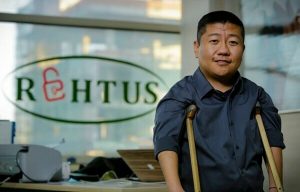
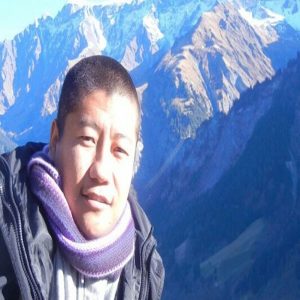
 Follow
Follow